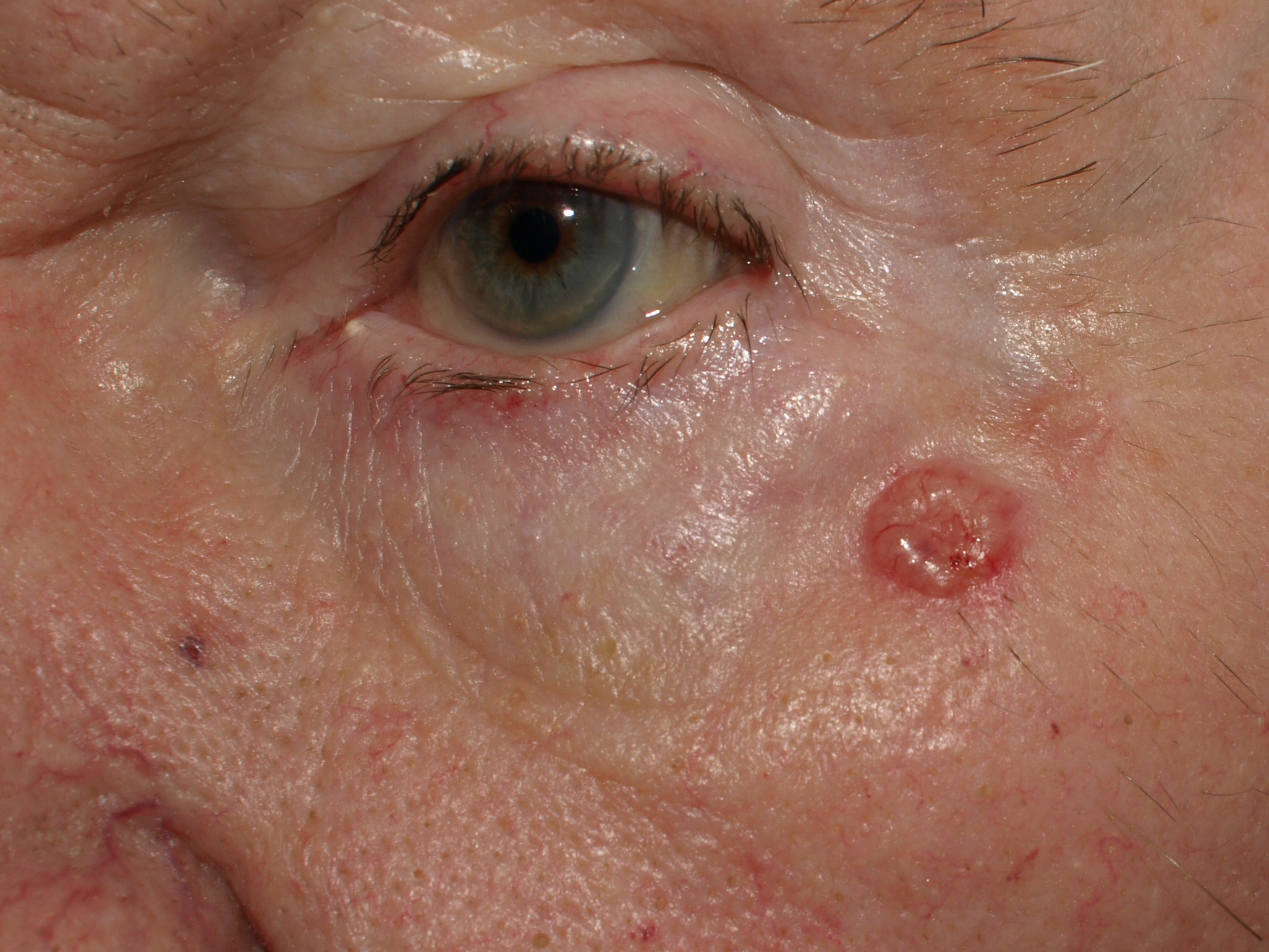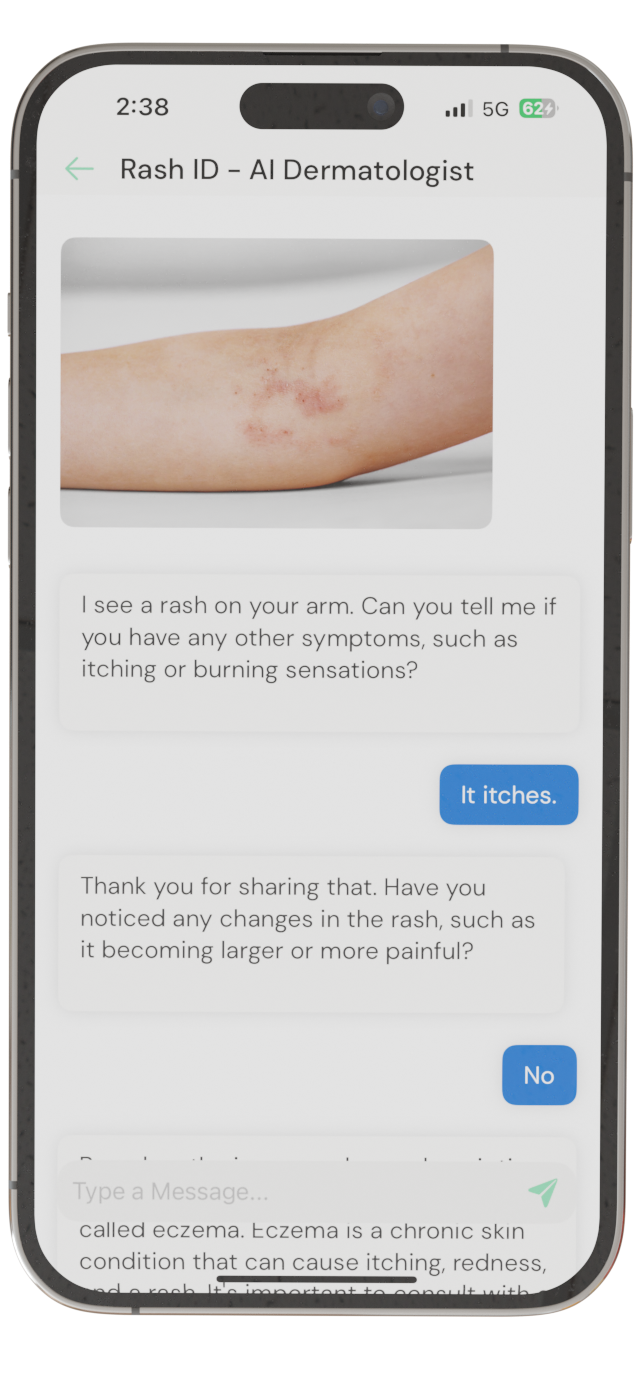
Understanding Basal Cell Carcinoma (BCC)
Basal cell carcinoma (BCC) is the most common type of skin cancer. It originates from the basal cells, which are a type of cell within the skin that produces new skin cells as old ones die off. Although BCC seldom spreads to other parts of the body or becomes life-threatening, it can be disfiguring if not treated promptly.
What is Basal Cell Carcinoma?
BCC primarily affects areas of skin that have been exposed to the sun. It's characterized by a slow-growing lesion that usually appears as a fleshy bump or nodule, most often on the face. However, it can develop anywhere on the skin, including parts that are not regularly exposed to sunlight.
Types of Basal Cell Carcinoma
- Nodular BCC: The most common form, appearing as a pearly or waxy bump, often with visible blood vessels.
- Superficial BCC: Usually found on the trunk, it appears as a reddish, scaly patch.
- Morpheaform (Sclerosing) BCC: Less common, it appears as a firm, flat, or slightly indented white or yellowish area.
Symptoms and Causes
Signs of Basal Cell Carcinoma
Early detection of BCC is crucial. Some common symptoms and visual clues include:
- Open Sores: Bleeding or non-healing sores are common signs and might scab over.
- Reddish Patches: Areas that may crust over or itch.
- Shiny Bumps or Nodules: Light color, sometimes with a pearl-like sheen.
- Pink Growths: A slightly elevated growth with a rolled border and a central indentation.
- Scar-like Areas: Flat, waxy-looking areas resembling a scar without a previous injury.
Causes of Basal Cell Carcinoma
The primary cause is prolonged exposure to ultraviolet (UV) radiation from sunlight, though artificial sources of UV light such as tanning beds can also cause this cancer. Other contributing factors include:
- Having fair skin, light hair, and blue, green, or gray eyes.
- A history of sunburns, particularly in early life.
- Exposure to radiation and arsenic.
- Genetic predispositions and rare genetic disorders such as Gorlin's syndrome (nevoid basal cell carcinoma syndrome).
Diagnosis and Tests
Your healthcare provider or dermatologist will perform a skin exam to evaluate any suspicious spots. If the appearance of the lesion suggests BCC, a skin biopsy will confirm the diagnosis. Learn more about skin biopsy.
Management and Treatment
Treatment Options for Basal Cell Carcinoma
The treatment depends on the size, depth, and location of the cancer. Options include:
- Surgical Excision: The most common method where the cancerous lesion and a margin of healthy skin is removed. More about surgical excision.
- Mohs Surgery: A precise surgical technique where layers of cancerous tissue are removed and examined until only cancer-free tissue remains. More about Mohs surgery.
- Cryotherapy: Freezing off cancerous cells with liquid nitrogen. Suitable for superficial BCC.
- Radiation Therapy: For patients who can't undergo surgery, or if the cancer is located in a difficult-to-treat area.
- Topical treatments: Creams such as imiquimod or 5-fluorouracil may treat superficial BCC. Prescription information on topical creams.
- Targeted Therapy: For cases where surgery isn't possible, medications like vismodegib (Erivedge) or sonidegib (Odomzo) may be used.
Home Remedies and Lifestyle
There are no guaranteed home treatments for BCC, though preventive measures include:
- Reducing sun exposure and using a broad-spectrum sunscreen.
- Wearing protective clothing, hats, and sunglasses.
- Avoiding tanning beds.
Prevention
Prevention involves avoiding prolonged sun exposure, especially during midday hours. Sunscreen should be a part of your daily routine, regardless of the weather.
- Use sunscreen with an SPF of at least 30, even on cloudy days.
- Apply generous amounts to all exposed skin, reapplying every two hours especially after swimming or sweating.
Outlook / Prognosis
Can Basal Cell Carcinoma Come Back?
Yes, BCC can recur, especially in people with weak immune systems or those who have had multiple incidences. Regular check-ups with a dermatologist are crucial for those at risk.
What are the Complications?
If left untreated, BCC can grow large and cause disfigurement or tissue damage.
Living With Basal Cell Carcinoma
When Should I Call the Doctor?
Contact your healthcare provider if you notice:
- A new growth or sore that doesn't heal within a few weeks.
- Changes in the appearance of an existing mole or dark spot.
What Questions Should I Ask My Doctor?
If diagnosed with BCC, you may ask your healthcare provider:
- What type of treatment is best for my situation?
- What are the chances of recurrence?
- Are there any lifestyle changes I should consider?
- Should I be screened for other skin cancers?
Additional Resources
For more detailed information on skin cancer and available treatments, you can visit:
Note: Always seek guidance from healthcare professionals for any skin-related concerns or questions about your health.

Identify Skin Conditions Instantly
Try Rash ID for Free